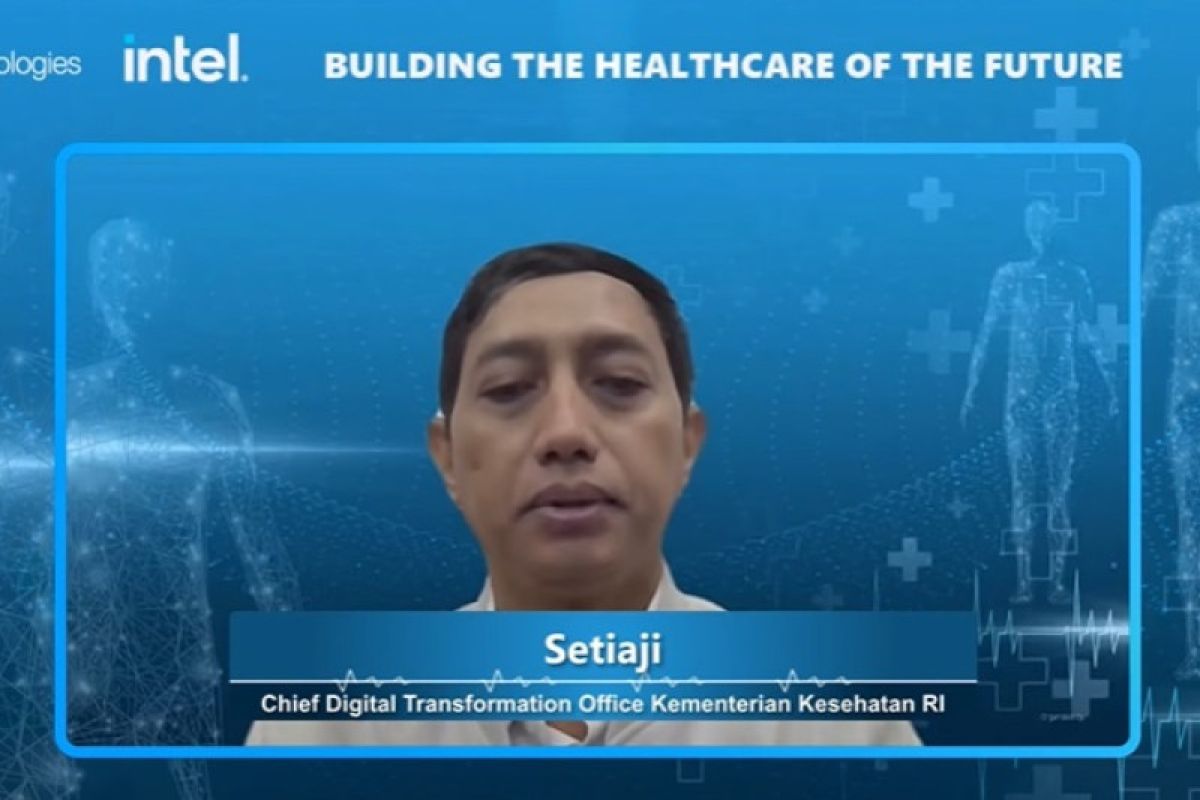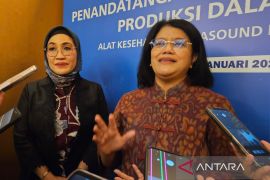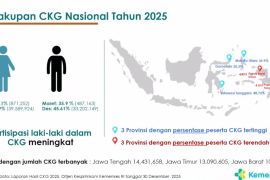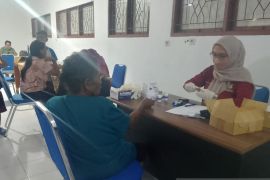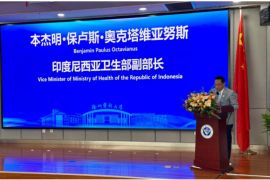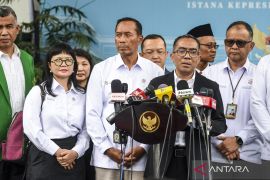"This budget can be converted to manufacture a system that costs much less. Because in order to build a system, hospitals do not have to build infrastructure," he explained at a webinar organized by Katadata and Dell Indonesia on “Building the Healthcare of the Future,” which was followed from Jakarta on Thursday.
According to him, the cost of maintaining non-electronic medical records is still quite high, starting from the cost of paper to health workers, who have to record information repeatedly.
Digitalization can make health services easier, starting from shortening patient waiting times while registering at the hospital to accommodating patients to access health services wherever they are, he noted.
"From a service point of view, it will be faster. Hospitals no longer need to input data repeatedly. Then, digitization also allows patients to immediately get their medical records or the results of their examinations," he pointed out.
Nevertheless, the digitalization of health services also presents its own challenges. Hospitals that have implemented system digitization are mostly not comprehensive. Not all services at hospitals are connected digitally.
"Maybe the registration service for patients has been digitized but their back-end has not been connected to individual services such as pharmacies, laboratories, radiology, and inpatient care," Setiaji disclosed.
To achieve the digitalization of health services, the government has prepared regulations starting from the Personal Data Protection Law (UU PDP) to the Law on Health, which will later become an omnibus with other supporting regulations.
In addition, president director of Mayapada Hospital, Grace Tahir, said that hospitals in Indonesia must refer to a digital-based system, especially for maintaining the medical records of patients.
Currently, her hospital is in the process of becoming a smart hospital. However, it is still prioritizing patient experience.
“Whatever we do is to provide experience to these patients. For us, the most important thing is the patient," she said.
Related news: Ministry reveals challenges to digitize health services in Indonesia
Related news: Sanur SEZ focuses on providing inclusive health services: Minister
Related news: Support from IsDB to strengthen referral health services: Minister
Translator: Ahmad Wijaya, Resinta S
Editor: Azis Kurmala
Copyright © ANTARA 2023
